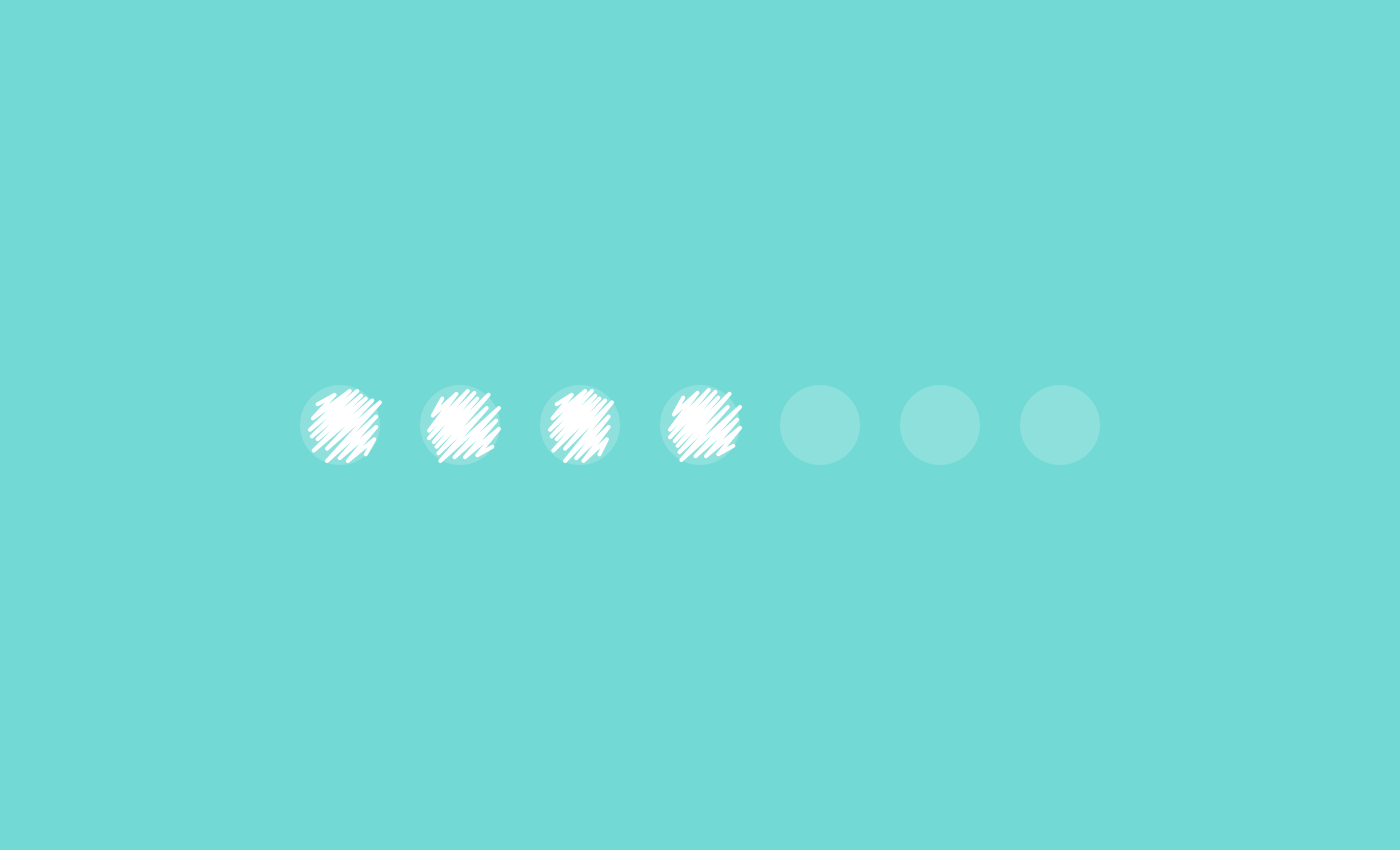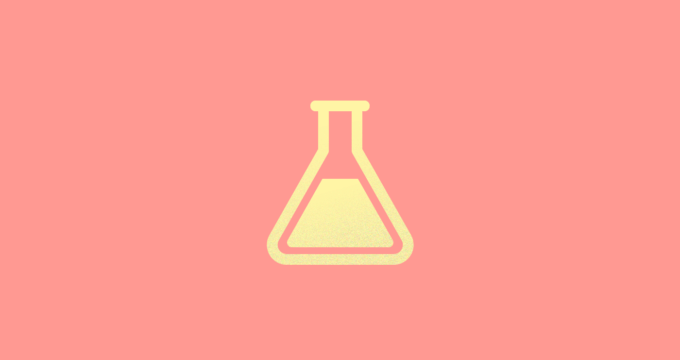What is a habit, how is it formed and how can you change it?
Productivity
What is a habit?
The dictionary defines “habit” as “a settled or regular tendency or practice, especially one that is hard to give up”.
A habit is thus something you do regularly when you find yourself in a certain situation, and without spending too much thought on it. In fact, when you do something out of habit, it means that your behaviour is so much automated that your reaction is natural and automatic.
What is an example of a habit?
A habit consists of 3 parts: Cue, Routine and Reward.
The “Cue” is the event or situation that triggers the “Routine”, the “Routine” is the set of actions that you automatically do in response to the cue, and the “Reward” is exactly what the name implies and it is what makes you do the same routine again the next time the same cue presents itself.
Let’s make an example and take the habit of going for a run after your workday.
Cue: it’s 6 o’clock, your workday is over and it’s time to go running
Routine: you put on your running shoes and go for a run
Reward: you feel tired but content for having done your daily workout
Let’s make another example: the habit of checking your phone whenever a notification pops up.
Cue: you see or hear a notification
Routine: you grab your phone and check what it is about
Reward: your curiosity about what the notification was about, is satisfied
This fixed set of actions, Cue -> Routine -> Reward, is called the habit loop.
How do you form a new habit?
You can form a new habit by keeping in mind the habit loop.
Let’s say your goal is to eat healthier and you want to eat an apple in the afternoon instead of a slice of cake.
- Find your cue that acts as a trigger for your routine behaviour. This can be simply when you’re feeling hungry or you can also set yourself a reminder for when you want to eat the apple.
- The routine is reacting to your cue with the correct behaviour, so in this case eating the apple. Putting the apple close by will make the habit easier to form.
- Your reward is the satisfaction of meeting your goal to eat healthier, having lost some weight at the end of the month, feeling fitter or whatever other reason you had for wanting to eat healthier.
Common mistake when developing a new habit
Since habits are formed out of automatism, it’s important that you make any decision beforehand so you can effectively prevent any potential hurdles.
Forming a new habit is hard and our minds are masters in finding any possible excuse to just go with our usual behaviour instead of making the effort to change. So set yourself up for success and leave no room for excuses.
What does that mean in practice?
Let’s take our previous example of wanting to eat an apple in the afternoon instead of a slice of cake. What could be a potential hurdle?
Well, just think about what would happen if you’re hungry (remember: this is your cue) but you first need to buy that apple. Now you’re suddenly having to make the decision to which shop to go, maybe it’s pouring down and you don’t want to go outside, what if the line at the supermarket is long and you won’t make it in time for your next meeting, etc. …
Your mind will search for the easiest solution with the lowest effort: probably the slice of cake in the cafeteria which is right there smiling at you! You get the gist, so set yourself up for success!
The importance of good and productive habits
Once a habit is formed it is very difficult to modify or change it, and that’s precisely because a habit is an automatism that is so ingrained that we act without even thinking.
You can imagine how dangerous this becomes when applied to harmful things, such as drinking or smoking, but it can be very powerful when we’re forming habits for good and productive things.
Why? Because it makes us efficient. A good habit allows us to do things without having to re-evaluate each and every thing every time. This saves us mental brainpower and brings us closer towards our goals and the person we want to be.
How can you change a (bad) habit?
When you want to change a habit, presumably a bad habit, all you need to do is keep the cue and the reward, but change the routine. You know best which kind of cues trigger your bad habit, therefore you need to decide in advance what you want to do instead: instead of doing A when situation B arises, I will do C.
Let’s make an example: you want to reduce your caffeine intake at work.
What’s your cue? It’s probably the fact that all your colleagues are meeting up in the kitchen and you don’t want to miss out; or that you desperately need a break.
Once you’re triggered by your cue, you simply need to switch out the caffeine (old routine) with something else (new routine), like tea or going for a walk, without missing out on the reward of catching up with your co-workers or going for a well deserved break.
Last but not least, keep in mind that until a new habit is formed or an old habit is changed, it takes time and consistency… just until you don’t think about it anymore and you’ll just keep doing it!



